ISHI
Жанр :
Время выполнения : 21М
Директор : An Laphan
Писатель : An Laphan
Краткое содержание
1-channel film installation (21‘20‘‘). 2.00:1 aspherical widescreen, stereophonic sound. A wife waits for her dead husband. An adaption of three japanese poems in three different translations. An examination of waiting and the slowness of time. An exercise in slow cinema.

The second "visual album" (a collection of short films) by Beyoncé, this time around she takes a piercing look at racial issues and feminist concepts through a sexualized, satirical, and solemn tone.
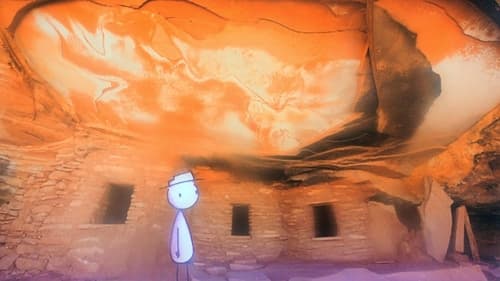
Эта история о Билле - человеке средних лет, неприметном служащем, который узнает о наследственном психическом заболевании и настойчиво пытается понять для себя, продираясь через бесконечный поток делирия - есть ли смысл в дальнейшей жизни? И если есть – в чём он?
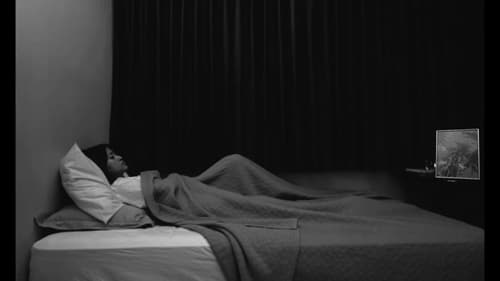
A woman returning home after having a sour day decides to sleep.
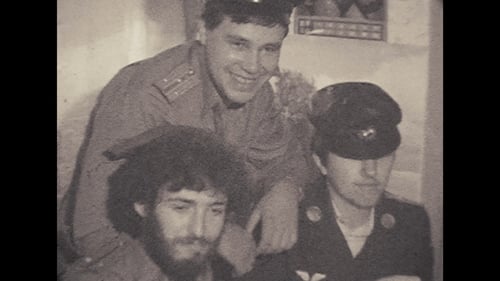
Псевдодокументальный (mockumentary) экспериментальный фильм, в котором показан один день из жизни молодого человека. Действие происходит в День Советской Космонавтики, 12 апреля одного из последних лет существования СССР. За окном постепенно теплеет, ощущается наступление весны, сулящей надежду на возможность перемен в стране. Герой фильма увлекается космосом. Юноша, боготворящий Гагарина, занимается реконструкцией, изготовлением униформы, в которой ходил космонавт в расцвете своей славы. Ещё наш герой – кинолюбитель. Он снимает фильмы с сюжетами космических полётов и демонстрирует их своим друзьям. Фильм стилизован под любительские кинофильмы 1980-х годов и снят на цветной 16-мм плёнке фирмы "Свема", изготовленной ещё в Советском Союзе. Качество этой киноплёнки позволяет зрителю наиболее полно погрузиться в атмосферу времени действия фильма, который посвящён советской космонавтике и Эдварду Вуду Младшему.
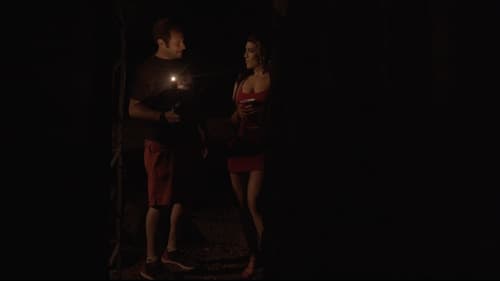
A costume designer is sent to the Catskills for an interactive theatre piece set in the 1920s. When she arrives things seem dark, strange and off. She soon realizes she is part of a student film.
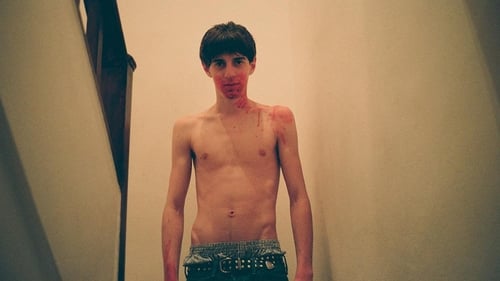
Each day after work, Carlos, a language school teacher, frequents the heady surroundings of his local cruising ground. One evening he encounters a teenage boy from his class named Toni, and the two engage in a brief sexual tryst. As the relationship between teacher and student begins to develop, some dark truths emerge about the young man and his mysterious group of friends.

A young man and his dog encounter a sinister force while on a walk through the woods.
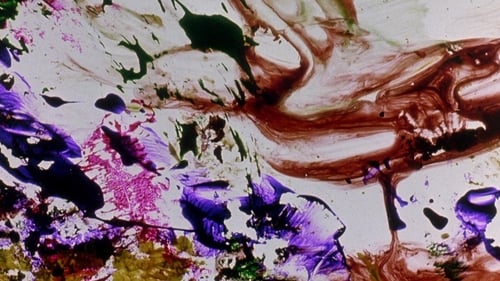
A visual representation, in four parts, of one man's internalization of "The Divine Comedy." Hell is a series of multicolored brush strokes against a white background; the speed of the changing images varies. "Hell Spit Flexion," or springing out of Hell, is on smaller film stock, taking the center of the frame. Montages of color move rapidly with a star and the edge of a lighted moon briefly visible. Purgation is back to full frame; blurs of color occasionally slow down then freeze. From time to time, an image, such as a window or a face, is distinguishable for a moment. In "existence is song," colors swirl then flash in and out of view. Behind the vivid colors are momentary glimpses of volcanic activity.

An experimental film comprised of Stanley Kubrick's THE SHINING played forwards and backwards at the same time on the same screen, creating bizarre juxtapositions and startling synchronicities

This hand-painted work is easily the most minutely detailed ever given to me to do, for it traces (as best I'm able) the hypnagogic after-effect of psychological cathexis as designed by Freud in his first (and unfinished) book on the subject - "Toward a Scientific Psychology." (SB)

Working at the limits of what can easily be expressed, filmmaker Peter Mettler takes on the elusive subject of time, and once again turns his camera to filming the unfilmable. From the particle accelerator in Switzerland, where scientists seek to probe regions of time we cannot see, to lava flows in Hawaii which have overwhelmed all but one home on the south side of Big Island; from the disintegration of inner-city Detroit, to a Hindu funeral rite near the place of Buddha's enlightenment, Mettler explores our perception of time. He dares to dream the movie of the future while also immersing us in the wonder of the everyday. THE END OF TIME, at once personal, rigorous and visionary, Peter Mettler has crafted a film as compelling and magnificent as its subject.

This short film made by László Moholy-Nagy is based on the shadow patterns created by his Light-Space Modulator, an early kinetic sculpture consisting of a variety of curved objects in a carefully choreographed cycle of movements. Created in 1930, the film was originally planned as the sixth and final part of a much longer work depicting the new space-time.

A tilted figure, consisting largely of right angles at the beginning, grows by accretion, with the addition of short straight lines and curves which sprout from the existing design. The figure vanishes and the process begins again with a new pattern, each cycle lasting one or two seconds. The complete figures are drawn in a vaguely Art Deco style and could be said to resemble any number of things, an ear, a harp, panpipes, a grand piano with trombones, and so on, only highly stylized. The tone is playful and hypnotic.
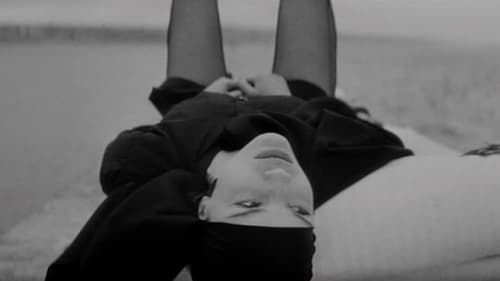
30 year old child enters the new city, riding on a donkey. He says he is the Savior. He has spent no time among men. He is trembling with cold. His clothes are soaked. His mother was overprotective ; his father conspicuously absent. He knows that he must face the mockery, refusal, ignorance and blindness of the men around him. They travel in gangs, in large numbers : soldiers, mercenaries or the like, on majestic, imposing horses. Everything is out of proportion to his thin, bewildered, innocent body ; he is the madman of the new city...

Hans Richter, noted for his abstract shorts, has everyday objects rebelling against their daily routine.

A silent film of collaged and painted sequences of lovemaking between Schneemann and her then partner, composer James Tenney; observed by the cat, Kitch.












